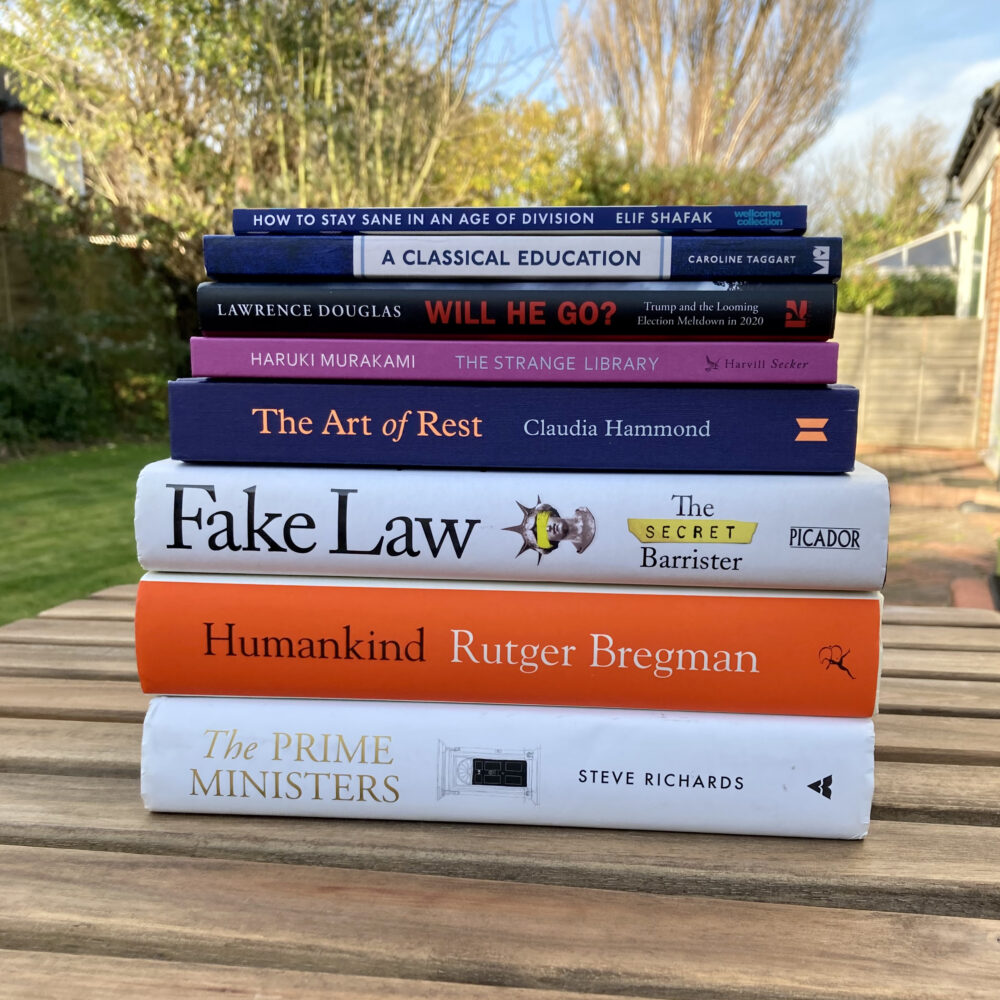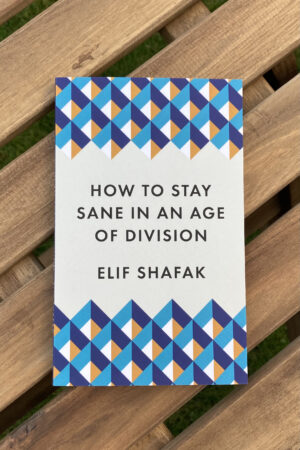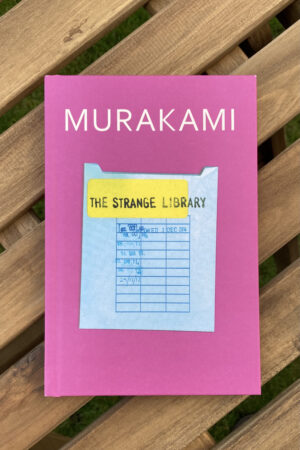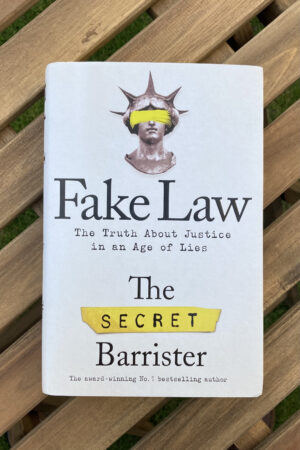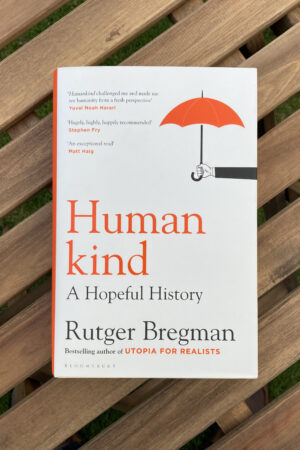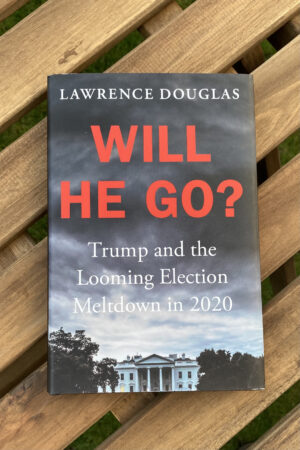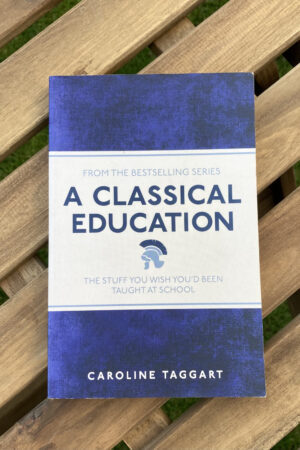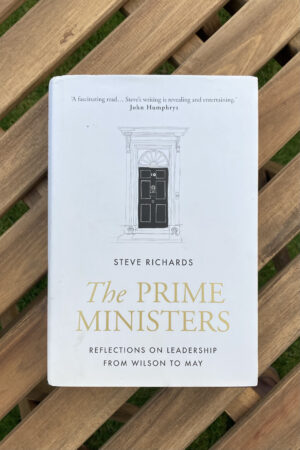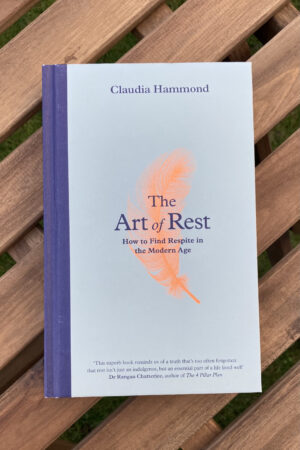30 things I learned in November 2019
1: It feels great, if a little anticlimactic, to finally be able to delete “Locum” from my email signature.
2: The North Shields Fish Quay has really smartened up since Wendy and I last visited. It would be nice to live somewhere with a river view, if only it didn’t have to be near a river.
3: Going to Ikea for the 10.30 Sunday browsing opening time isn’t a successful crowd avoidance strategy.
4: Barriers between healthcare organisations can make simple things—like arranging urgent vaccinations—more difficult than they ought to be. Perhaps someone should invent some sort of national health service which provides care based on need rather than budgets, contract provisions and organisational mission statements.
5: Telling patients that they look far too young to have donated blood 61 times makes them want to go back and donate again as soon as possible to receive more flattery.
6: Sometimes, people who use irritating business chatter do actually understand what they’re on about.
7: Business planning isn’t my bag.
8: Th Guardian Daily app doesn’t work properly on Kindle tablets.
9: Loud Christmas music in coffee shops makes settling down with a coffee and a good book difficult. Headphones and white noise on Spotify are an imperfect and antisocial solution.
10: It’s not easy being green: should I buy second-hand books and support the planet or new books and support the author?
11: Durham County Council has meeting rooms with quite spectacular coastal views in Seaham:
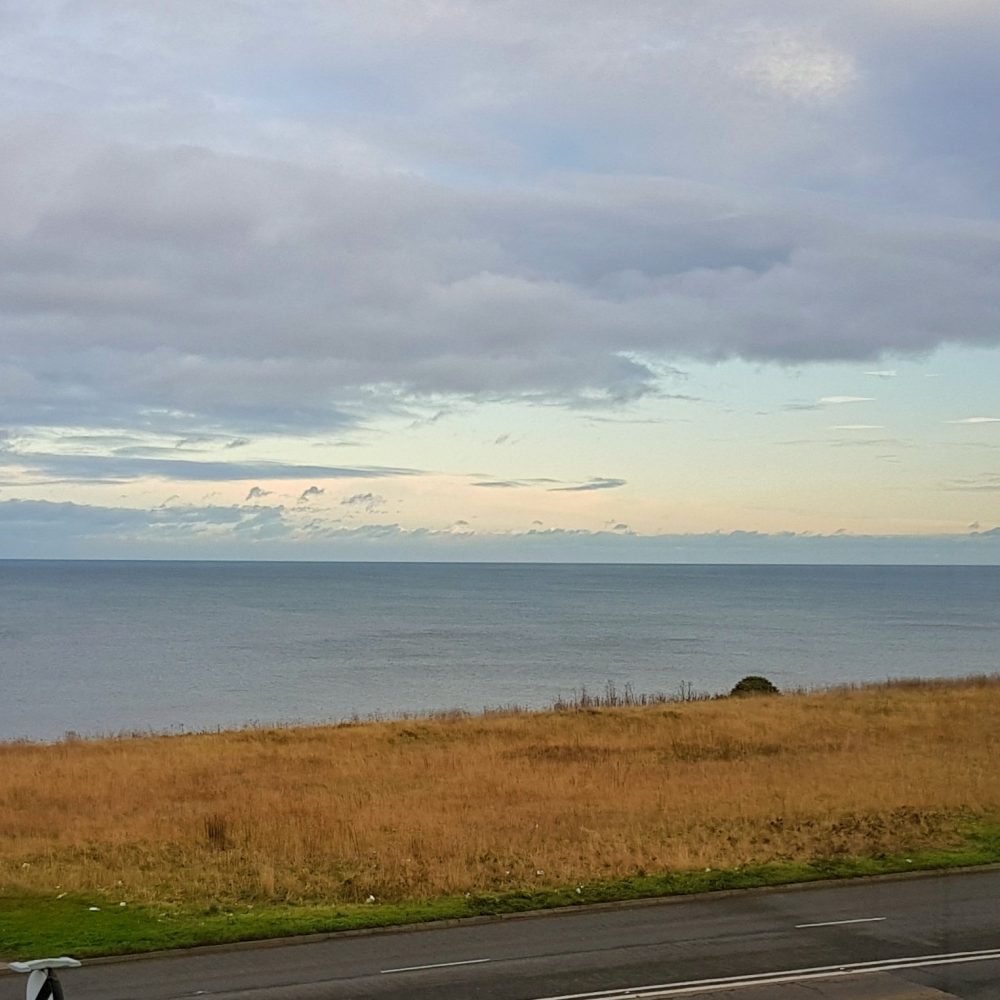
12: Dementia friendly parking spaces are now a thing… at least in Hemlington:

13: “At this time of year, it is not uncommon for viruses including influenza and norovirus to circulate in schools. The risk of infection can be reduced by practising good hand hygiene, particularly after using the toilet, after using a tissue to catch a cough or a sneeze, and before eating.”
14: Our TV needs re-tuning. Broadcasts are moving away from the 700MHz band of frequencies to free up spectrum for mobile data instead. Given the profitability of mobile data services and the proliferation of home broadband (especially in the context of PSTN switch-off), I wonder how long over-the-air television broadcast have left?
15: Arguments opposing the Public Libraries Act 1850 included a Conservative view that people “have too much knowledge already” and that “the more education people get the more difficult they are to manage.” In fairness, I suppose people now carry the sum of human knowledge in their pockets and do have a tendency to be rebel against authoritarian control, so perhaps he had a point.
16: The TLS has relaunched with a rather stylish new look. Dr Brian Klass’s comparison of politics in Trump’s America and that in Brexit Britain through the medium of cheese was a particular highlight of this issue for me.
17: Coffee shop Christmas music irritates Wendy even more than me. It’s depressing, or so I’m told.
18: A replacement wing mirror for a 2009 Aygo costs less than £50. I was expecting a much bigger bill after someone completely snapped mine off (and didn’t leave a note!)
19: The brand new Sunderland medical school has some impressive facilities.

20: Colleagues at Middlesbrough Council taught me that routine air quality monitoring still uses diffusion tubes fixed to lampposts; people have to go up in cherry pickers to change the tubes every month.
21: Research into treatments for interstitial lung disease includes a lot of discussion about disease taxonomy and the problem of lumping and splitting: considering diagnoses with the same underlying pathology together (lumping) or as distinct entities (splitting).
22: Cleveland Fire Brigade taught me about their Stay Safe and Warm free one-hour response service for boiler breakdowns where they lend people emergency electric heaters.
23: A wet and dreary Saturday can be a good prompt to light the fire and relax at home.
24: I didn’t know that Sheffield had a hybrid tram-train system until I read this Wired article.
25: Purdah rules can be really annoying sometimes, especially when I’ve done a lot of work to prepare for a meeting I’m no longer able to attend.
26: I thought I learned the etymology of the word “syndrome” after it was featured in a lecture. Yet after thinking about it for a while, the suggestion that it was derived from words for “before” and “diagnosis” didn’t ring true, so I looked it up in the OED online. The lecture version was thus proven to be completely wrong, so I suppose I learned not to take the content of lectures on trust.
27: Only a decade late to the party, I learned that Ecosia—the search engine that plants trees—is a thing.
28: People really don’t know what I do all day. This month, in my health protection role, a meeting of vascular surgeons has invited me to talk about knife crime, a univeristy course has asked me to teach about rural medicine, and a meeting of intensivists has invited me to present on recreational drug toxicology. They may be disappointed at me turning down their kind invitations, but they’d be far more disappointed if I accepted given that I know naff all about any of those topics.
29: Via Lana Greene’s column in 1843, I leaned of the German word “Multioptionsgesellschaft”. It was apparently coined by Peter Gross, a Swiss sociologist, in the early 1990s. It refers to a world swamped by choice, which feels very current: I frequently open Netflix for something to watch and close it a few minutes later with the resignation of not being able to decide.
30: I heard a snippet of a radio programme in which an older person was being interviewed and the subject of loneliness among the elderly came up. The interviewee suggested that while lots of attention has been paid to loneliness recently, too little has been paid to the loss of solitude for many other older people, such as those in care homes. I’d never heard that point made before, and I suspect it will stick with me: solitude is something very important to me.
This post was filed under: Posts delayed by 12 months, Things I've learned, 1843, Blood donation, Cars, Dementia, Driving, Durham, Ecosia, Ikea, Influenza, Libraries, Middlesbrough, North Shields, Public Health, Seaham, Sheffield, Spotify, Sunderland, The Guardian, The TLS, Wired.
